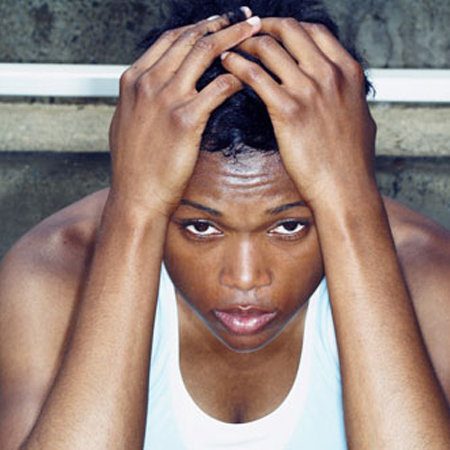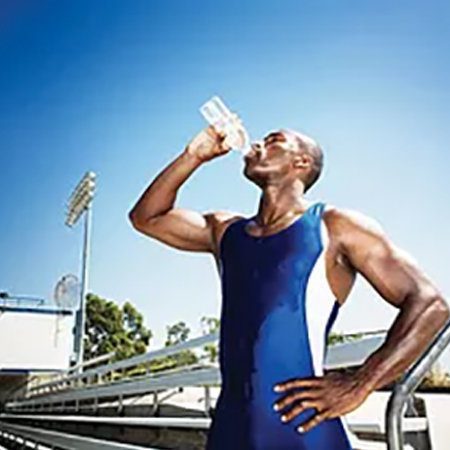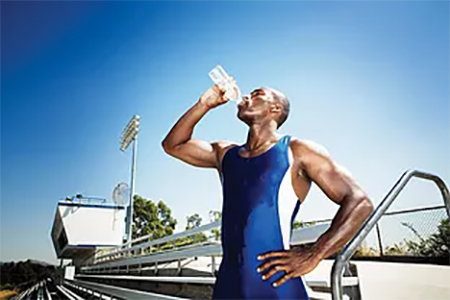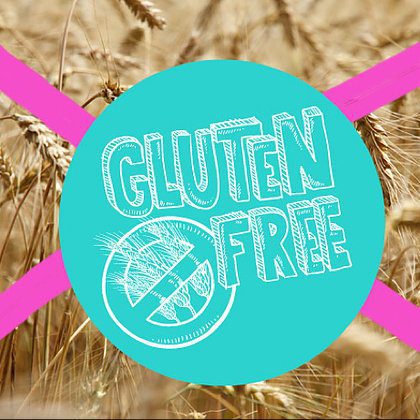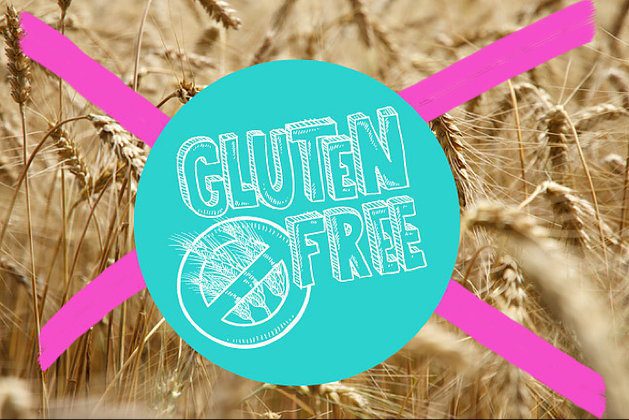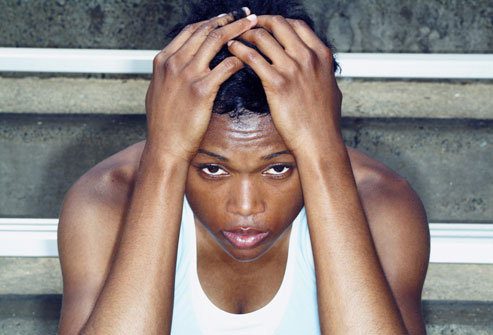
Many people believe in hitting the gym during the day and then a bar at night. One feels there’s no harm in drinking a little amount of alcohol now and then.
Actually the terms “little” and “now and then” cannot even be used in that former sentence since it’s more like binge drinking every weekend!
Don’t Drink and Drive isn’t only for behind the wheel, it’s also on the field (and the gym).
First, let’s give you a list of how alcohol can affect your body, and then we can get down to the details!
Keep in mind these effects are within 48 hours of alcohol consumption, that too just after 2-3 standard drinks.
- Decrease strength
- Impair hand-eye coordination
- Increase fatigue (by impacting liver function)
- Mineral and vitamin depletion
- Disturbed sleep
- Impact cellular repair (since protein is affected negatively)
- Dehydration thus affects the kidneys
- Loss of endurance
- Unwanted weight gain
Alcohol isn’t something that is recommended for most people; for athletes it just makes matters worse.
While you’re training or competing it’s best to stay away from alcohol! However, the best solution is to give it up completely to live a healthy lifestyle.
How Alcohol Affects Your Body
- So first things first. Alcohol cannot be stored as energy. This means all the alcohol in your body is converted into fat – hence the term beer belly.
- Alcohol’s effect on the liver can cause a problem in the production of oxygen which then interferes with the production of ATP ie a direct source of energy for the muscles.
- Sadly drinking alcohol before your workout hinders the circulation of glucose which is essential for energy. It has also been scientifically proven that alcohol diminishes protein synthesis which in turn stops muscle growth by preventing the repair of damaged muscles.
- Another thing alcohol does is increase the urge to urinate which leads to loss of electrolytes.
- Since alcohol is a toxin it disrupts the normal cell function.
- Alcohol also inhibits the absorption of essential minerals like zinc, folic acid, Vitamin B12, etc which are needed for metabolism and new cell growth (muscle cells included).
- The consumption of alcohol provides only empty calories which in turn displace valuable nutrients. That’s just a loss of essentials and an increase in fat!
- Do note, heavy drinking for a night can negatively affect brain and bodily activities for 3 whole days whereas 2 nights of consecutive heavy drinking leave an impact for 5 days! Evidently, dehydration, fatigue and headaches – commonly known as hangovers – really don’t mix well with the physical demands of our body.
- Alcohol disrupts your sleep cycle which in turn leads to a reduction in the ability to learn and retain new information. This could range from new skills to studying games or even applying strategies in a game.
- Excessive alcohol can prevent the secretion of human growth hormone which is essential for muscle growth as well as recovery.
It’s always better to prioritize a good day’s workout over a night of heavy drinking. At least the workout leaves you worn out and exhausted craving for more!
Alcohol just leaves you with a bad hangover which leads to false swears of never drinking again.
In case of any related query related to diet or weight loss book an appointment with Dt. Silky Mahajan please send us a mail at info@foodsandnutrition.in or call on 080 6741 7780 (Dial Extension: 778).






